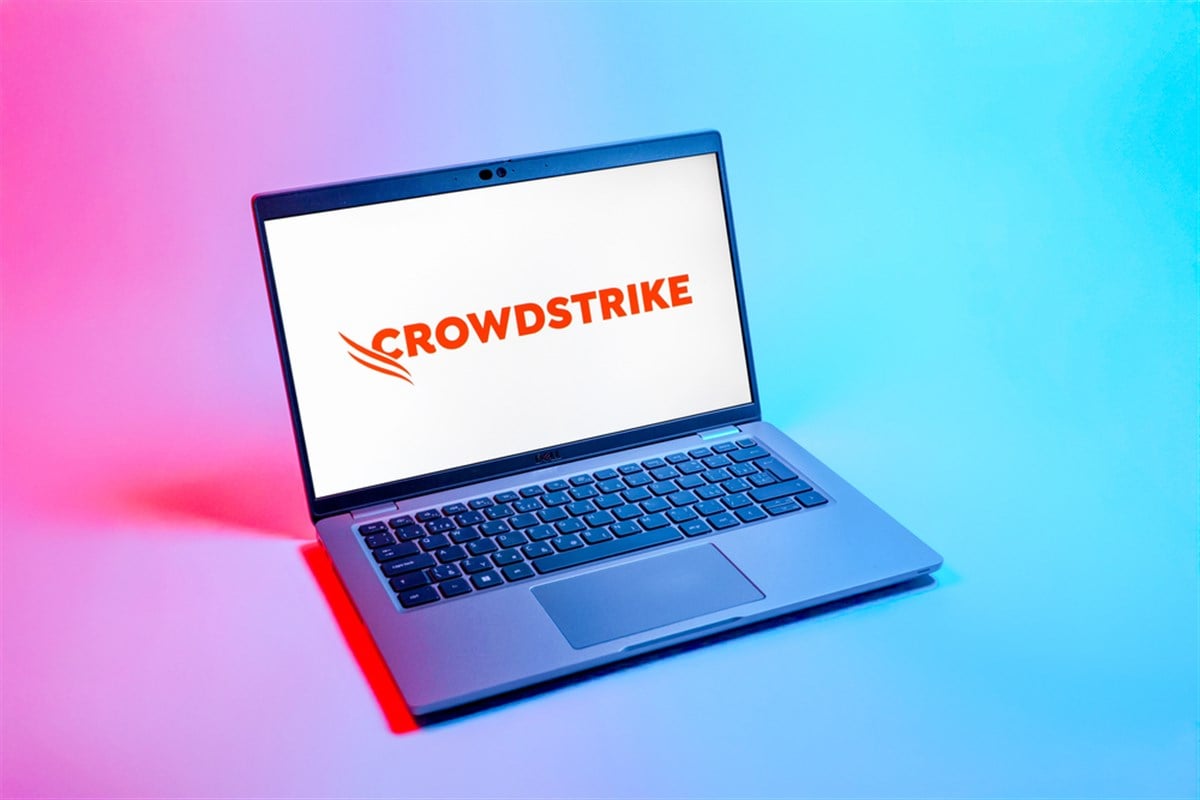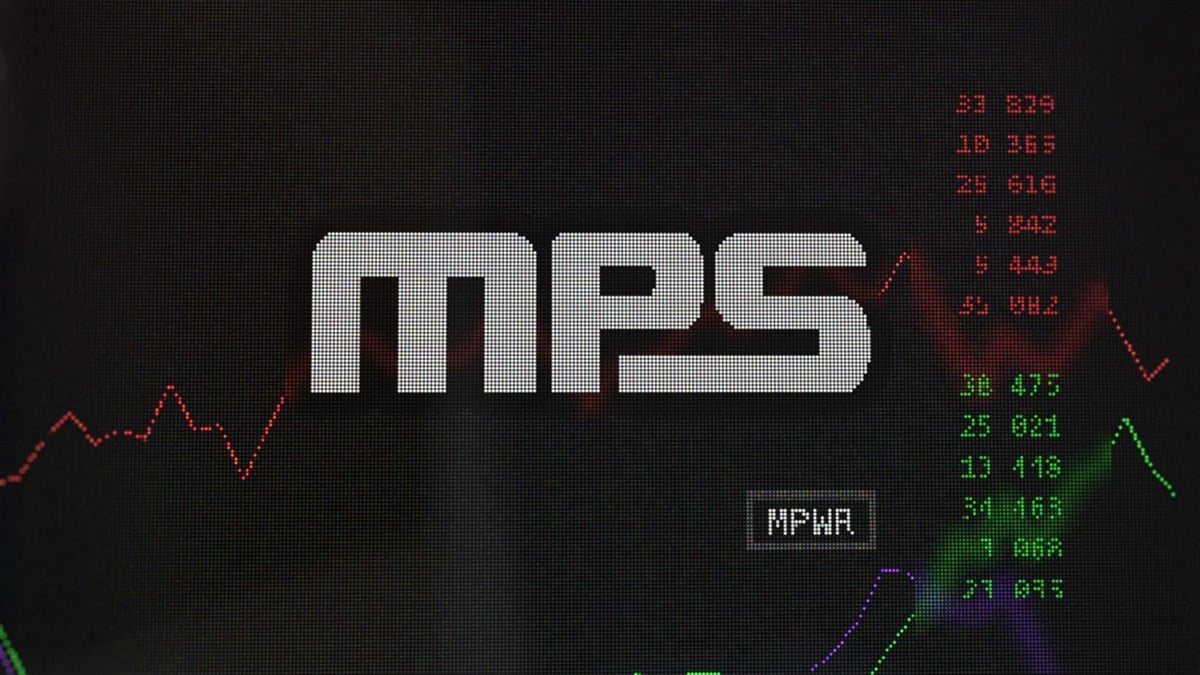Rigetti’s Q3 Miss Reveals Quantum Funding and Timing Pressures

Rigetti Computing Inc. (NASDAQ: RGTI) had high expectations for its third-quarter earnings report. Unfortunately, the results didn’t meet expectations, and RGTI stock has declined by over 5% since the report.
The company reported revenue of $1.95 million, which fell short of expectations of $2.17 million and decreased 18.1% year-over-year. On a more positive note, the company’s quarterly loss of three cents per share was better than the forecasted loss of five cents per share.
Overall, the report contrasted the promise and the practicality of quantum computing. Rigetti is one of many companies trying to develop this technology. This will take several years and billions of dollars, and investors seem to be rethinking their decision on RGTI stock based on this timeline.
What Makes Rigetti Different in Quantum Technology?
The key to understanding Rigetti’s technology lies in its chiplet architecture, as showcased in its 36-qubit Cepheus-1 system. Each 9-qubit chiplet acts as a modular building block that can be linked to form larger processors.
Rigetti is moving from one chiplet to four in its upcoming system. This is a proof of concept that its tiling approach can scale without degrading performance, while maintaining 99.5% two-qubit gate fidelity.
To that end, Rigetti announced two key landmarks on its 2026-2027 technology roadmap. The company expects to deploy:
- A 150+ qubit system by or around the end of 2026 with an anticipated 99.7% median two-qubit gate fidelity.
- A 1,000+ qubit system by or around the end of 2027 with an anticipated 99.8% median two-qubit gate fidelity.
This roadmap, while distinctive, places Rigetti approximately two to three years behind companies like International Business Machines (NYSE: IBM) or IonQ Inc. (NYSE: IONQ). On the other hand, Rigetti has a proprietary fabrication facility that could narrow that gap by accelerating design cycles.
Rigetti Needs to Overcome a DARPA Setback
A key takeaway from Rigetti’s earnings call was its exclusion from the Defense Advanced Research Projects Agency’s (DARPA) Phase B program. This phase focuses on evaluating quantum systems capable of demonstrating “quantum advantage” (i.e., outperforming classical computers on specific tasks).
Rigetti was part of Phase A of the program, in which companies participated in feasibility studies and prototype development. Missing Phase B means losing both non-dilutive government funding and a valuable stamp of credibility. Like many early-stage quantum companies, Rigetti depends on such contracts to support its R&D while the technology remains pre-commercial.
Rigetti Is Betting on Itself, But Maybe Not by Choice
Despite the setback, Rigetti isn’t throwing in the towel. Chief executive officer (CEO) Subodh Kulkarni said on the earnings call:
“A lot of our focus has been and continues to be on getting to quantum advantage in the next three to five years with 1,000 qubit and 99.9% two-qubit gate fidelity, gate speeds, and with some error correction.”
This is a signal to markets that Rigetti remains committed to reaching quantum advantage on its own roadmap, even if it isn’t selected to be part of DARPA’s Phase B. To that end, Kulkarni noted that the company has received constructive feedback from DARPA and anticipates that it will be incorporated into Phase B in the near future.
However, for now, Rigetti will have to rely on its own resources and partnerships. That’s why investors may want to think about Rigetti as a smaller, more agile player trying to carve out a niche in hybrid quantum-classical applications.
RGTI Stock Isn’t for Every Investor
Rigetti Computing, like most quantum computing stocks, is a speculative stock. That doesn’t mean it won’t become a profitable company. If it does, many early investors will be very happy.
But revenue and earnings aren’t driving the price action in RGTI stock right now. That would be attributed to traders looking to capitalize on volatile price swings in either direction. One example of this is short interest, which is down about 4.4% in the last 30 days but is still over 12% of the stock’s float.
By the company’s own admission, Rigetti is probably five years away from being commercially viable. Profits may take even longer.
Investors seeking exposure to quantum computing and other technology stocks with less risk may want to consider the Defiance Quantum ETF (NASDAQ: QTUM). It has over $816 million of assets under management and a respectable expense ratio of 0.40%. As of Nov. 12, RGTI stock carried the most weight in the index at 3.12%.
The QTUM fund is up over 36% in 2025 and more than 209% in the last five years. That’s the kind of consistency that risk-averse investors may find more attractive.
Learn more about RGTI


